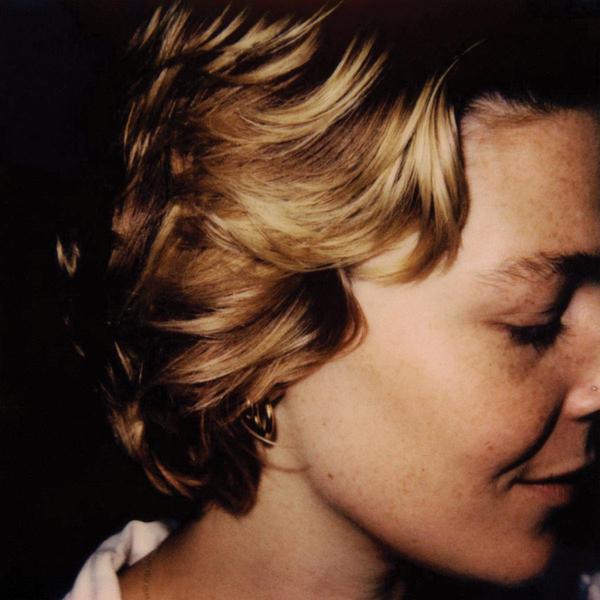"Into The Trees"
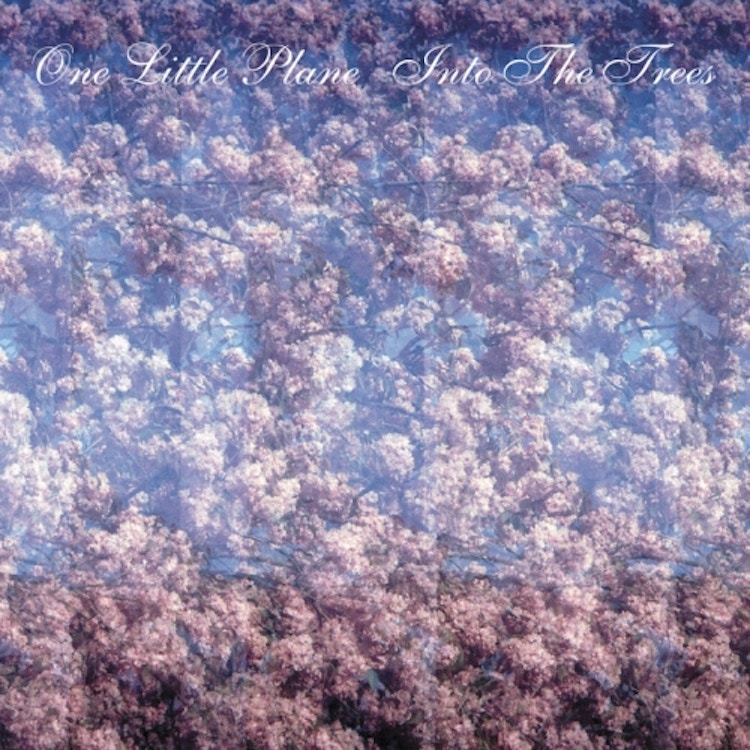
Seriously, what happened to American indie-folk music? It seems only yesterday that the likes of Iron & Wine and Sufjan Stevens were a breath of fresh air, sweetly contrasting with the nascent “landfill indie” climate inspired by (in order) The Strokes, The White Stripes, The Libertines and Franz Ferdinand. But look at those guys now – Stevens would rather spend centuries concocting heavily-orchestrated folktronica, while Sam Beam has made (very) tentative forays into afrobeat and glossy ’70s rock à la Fleetwood Mac. Hell, even Bon Iver left the cabin behind. The sub-genre itself may still be popular, but it sure ain’t as impressive as it used to be.
So what doused the flames of that particular sound? Over-saturation of bearded rootsy troubadors? Did The OC just make the whole thing seem too damn drippy? Or can we only associate that sound with teeth-gnashingly irritating adverts for everything from banks to posh teabags? They’re all pretty plausible explanations.
Maybe Brooklyn-based songwriter Kathryn Bint was pondering the same thing when she enlisted Kieran “Four Tet” Hebden to occupy the producer’s chair. Into The Trees, her second album as One Little Plane, could quite easily have turned out similarly to Iron & Wine’s early material, especially when you consider its grounding in simple, fairy-light melodies, hushed vocals and soft finger-picking acoustics. Luckily it’s far more dynamic and interesting than that. In refusing to present her songs in that obvious stripped-down form, she has made a thoughtful, at times beautiful record.
‘She Was Out In The Water’ opens things up prettily enough – Bint gently intones “She was singing a song no-one else could hear her play” whilst plucking pleasantly at the strings, subtle harmonics ringing charmingly between verses. But around the two-minute mark, things very suddenly change. Brooding bass and drums join in, filling out the canvas in the manner of Cat Power’s You Are Free LP (or its slightly louder moments, in any case). The fragile loveliness of the song’s beginning gives way to something that sounds more bold and yet also somehow menacing. It draws you in, taking this image of a girl alone with her thoughts in the rain, and answering its own questions by posing more questions. Beautiful, magical, mysterious: it is thrilling to listen to. ‘Paper Planes’ repeats the trick; a cyclical bass motif unsettling and disarming with wonderful results.
Even better is ‘Hold You Down’, where an almost Mogwai-esque balance between delicacy and tricksiness skips into a mournfully tender chorus; but the album’s clear highlight is ‘Bloom’. Her voice skims like a stone across tiny electronic splashes that ripple and fade between speakers, both enthralling and haunting in their minimalism. This provides the clearest evidence of Hebden’s involvement in the album (oh yeh, probably should’ve mentioned by now that he and Bint are married, although that fact is merely incidental to an album that’s definitely hers rather than theirs), and is far and away the most bewitching track here.
With all these peaks, it’s sadly inevitable that there’ll be a few troughs as well. The indie-folk-by-numbers ‘It’s Alright’ sounds like it’s waiting for the ad men to call, and ‘If You Ask’ contains the line: “I’ll pine for you and you’ll pine for me/If only it was easy like one two three”, which leaves one to wonder just how thin the line betwixt “charming simplicity” and “unimpressive triteness” might be. Luckily they’re followed by ‘I Know’, where an ominous sense of gloom rocks up the street to Kristin Hersh’s house, borrowing a few of her ideas circa University to mull over on the way back. A brief, squalling guitar break is the closest this collection really gets to attempting something noisier, which says a lot about the levels of subtlety we’re largely dealing with here.
Closing track ‘Synthesizer’ is a veritable thumb war between Angelo Badalamenti and ’90s texturalists Gnac, Bint’s hushed voice floating ethereally through the mist and waiting for you to catch up. Some albums announce their presence with volume, weirdness or hooks – the largely lovely Into The Trees belies its folk elements and produces fine results via the smallest of risks. And that’s why it’s entitled to expect you to listen on its own terms.
Get the Best Fit take on the week in music direct to your inbox every Friday
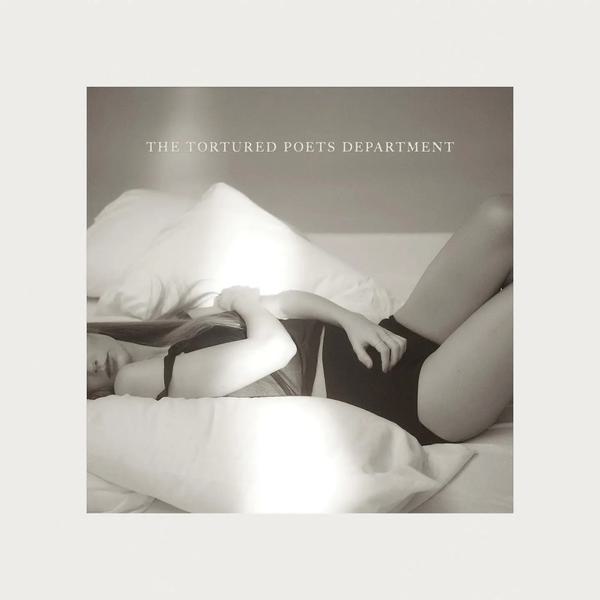
Taylor Swift
The Tortured Poets Department
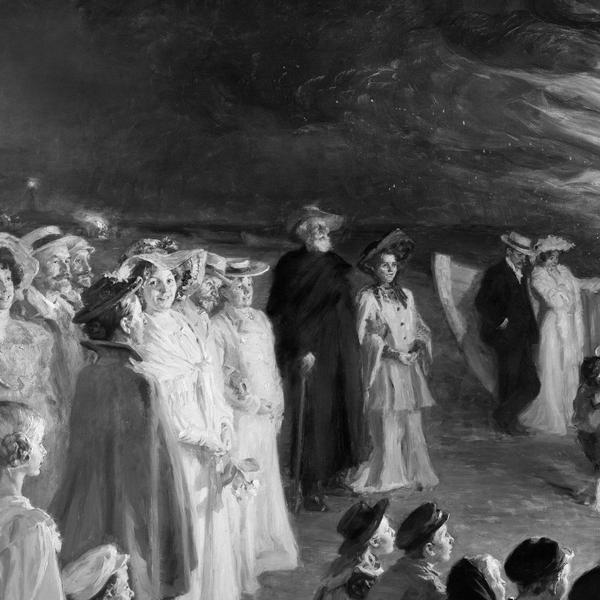
Chanel Beads
Your Day Will Come
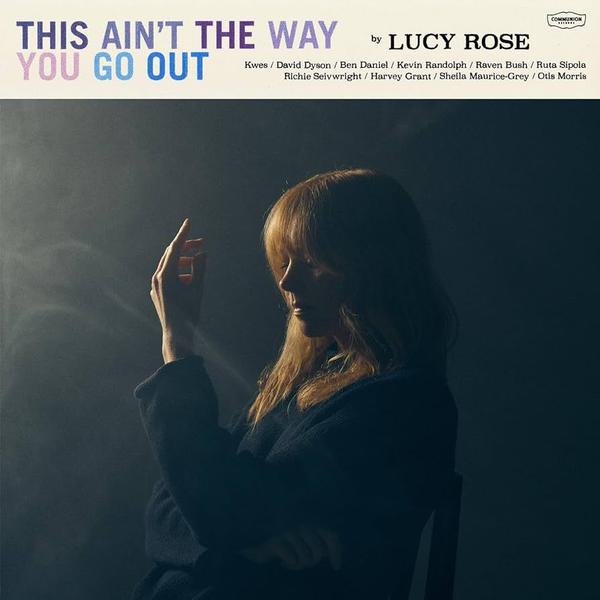
Lucy Rose
This Ain't The Way You Go Out
